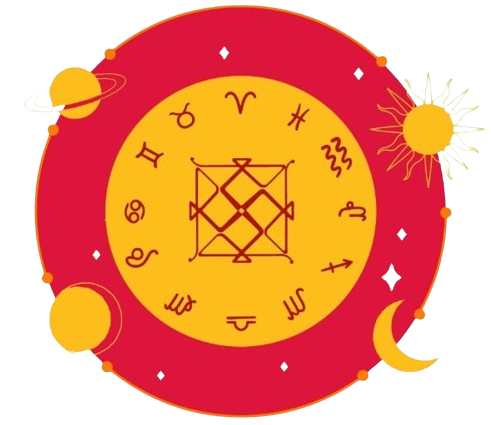Reviews & Ratings
Specialist level when it comes to migraines
A positive side-effect of exercise is an increase in endorphins, which can reduce the frequency of migraine and/or improve their intensity. Therapeutic practices like massage, cold packs, and hot baths can lessen the frequency and severity of pain by promoting blood circulation or easing tense muscles. A self-care strategy for various muscular pain syndromes, such as tension headaches, is physical therapy. Either way, a good health provider will help tailor treatment to your lifestyle and severity.
The first place to go is usually a general practitioner, who can usually provide a reliable diagnosis based on your symptoms. They might recommend you to a neurologist through the public system if your migraines are severe or frequent, though there might be a slight wait time based on your location. Although private options are more expensive, they move more quickly. In New Zealand, it's fairly easy to get help if you know what to ask for.
Seeing a doctor is worthwhile if you have headaches frequently, if they are getting worse, or if you are not sure if you have migraines or just regular headaches. This might include gentle exercise like walking along your local beach, relaxation techniques, or even working with a physiotherapist to address neck and shoulder tension that might contribute to headaches. A migraine is a severe neurological disorder that can interfere with daily life and impair wellbeing, whereas a headache may be a brief inconvenience.
With a deeper understanding and tailored management strategies, those affected can navigate this challenge and work towards a life where these disruptive events have less of an impact, allowing them to enjoy all that our beautiful country has to offer. Anyone suffering from these crippling episodes must be aware of the unique symptoms and seek the right medical advice from a New Zealand healthcare provider. There are even local apps developed for New Zealand users that sync with weather forecasts or medication reminders, helping people stay ahead of an attack.
It's a simple way to notice patterns - what you ate, how you slept, and what was happening before the pain started. Many times, keeping a migraine journal is advised. Taking regular breaks from screens, managing stress levels, keeping proper posture, and drinking plenty of water can all help reduce headaches. The good news is that, with the correct care, both conditions are treatable. Simple painkillers, which can be found at any pharmacy in New Zealand, https://www.thedailyheadache.com/2005/09/a-familiar-story-youre-not-alone.html frequently offer relief.
Many women with migraines are believed to be triggered by hormonal changes. Although its exact cause is unknown, migraines are thought to be caused by some kind of neurological malfunction.


